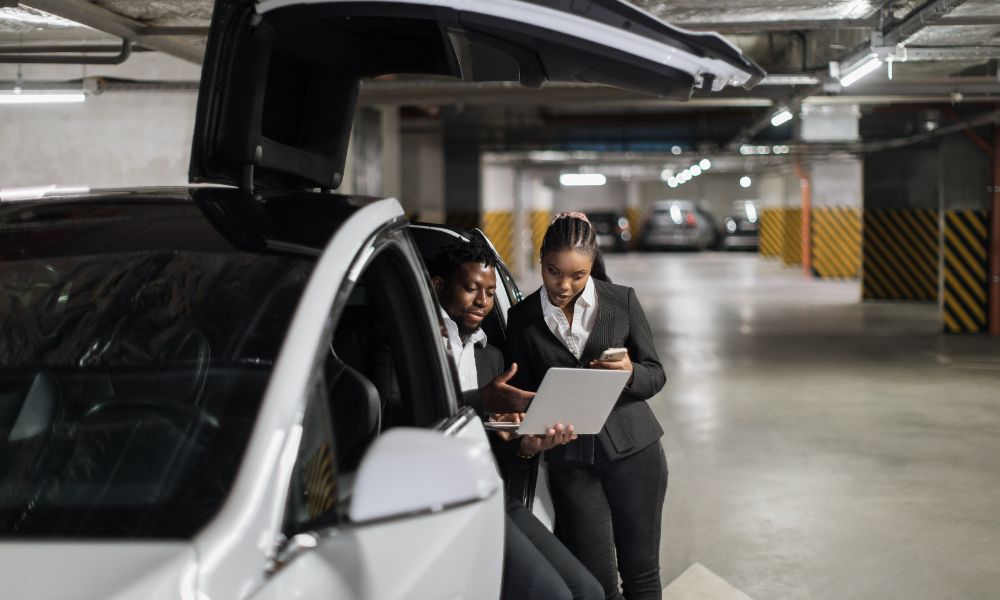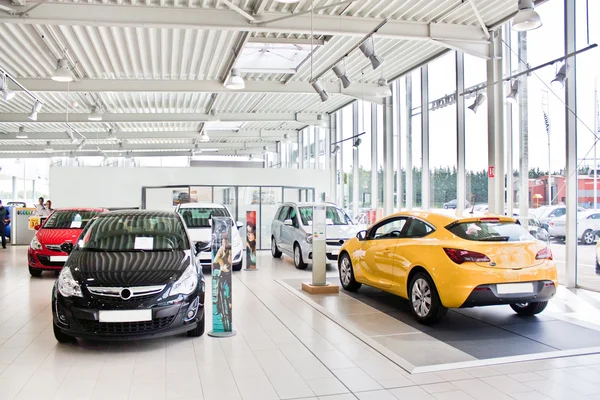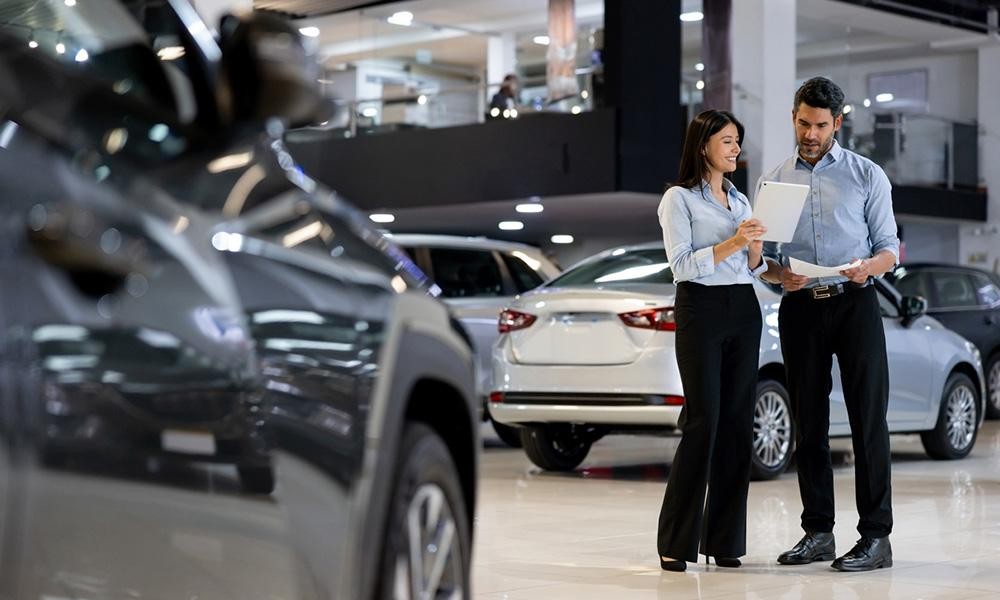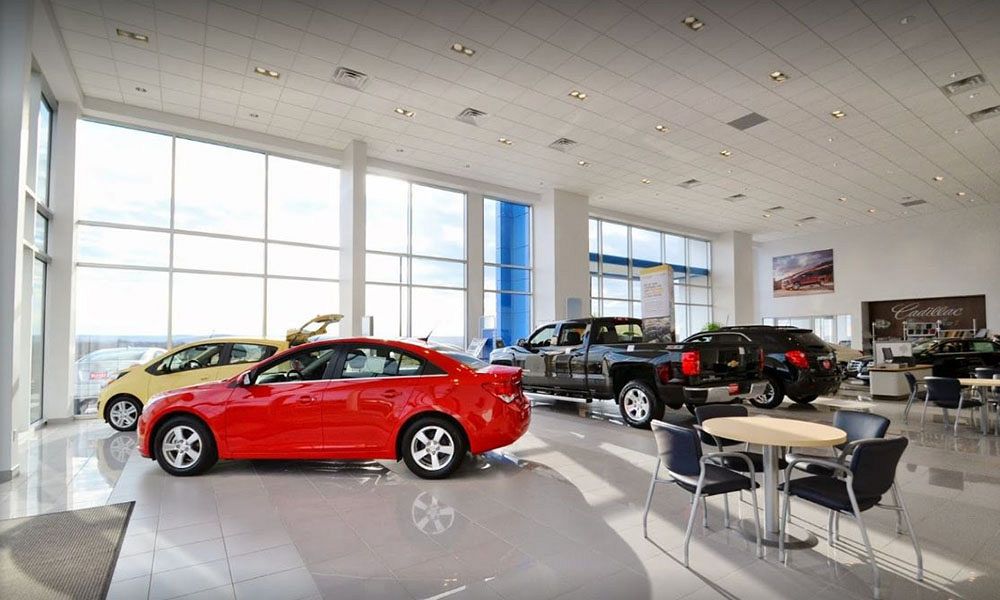In recent years, the automotive industry has undergone a significant transformation, with car dealerships at the forefront of this change. The digital age has ushered in new technologies, shifting consumer behaviors, and innovative business models that are reshaping the traditional car buying experience. This article explores the evolution of car dealerships in the digital age, examining the challenges, opportunities, and strategies that are defining the future of automotive retail.
The Digital Transformation of Car Dealerships
The digital transformation of car dealerships is not just a trend but a necessity in today’s competitive market. As consumers increasingly rely on digital platforms for research and purchasing decisions, dealerships must adapt to remain relevant and meet customer expectations.
Online Presence and Virtual Showrooms
One of the most significant changes in the automotive retail landscape is the rise of online presence and virtual showrooms. Dealerships are now investing heavily in user-friendly websites that showcase their inventory with high-quality images, detailed specifications, and even 360-degree views of vehicles
These virtual showrooms allow potential buyers to explore cars from the comfort of their homes, significantly influencing their decision-making process before they ever step foot in a physical dealership.
Digital Marketing Strategies
Car dealerships are leveraging digital marketing strategies to reach and engage potential customers. Social media platforms, targeted online advertising, and search engine optimization (SEO) have become essential tools for dealerships to increase their visibility and attract leads
By creating engaging content and utilizing data-driven marketing techniques, dealerships can effectively target specific demographics and tailor their messaging to meet customer needs.
Embracing E-commerce and Online Sales
The traditional model of car buying is evolving, with many dealerships now offering online purchasing options to cater to the growing demand for convenience and contactless transactions.
Fully Online Purchases
An increasing number of dealerships are embracing fully online purchasing options, allowing customers to complete the entire buying process, from selecting a vehicle to securing financing, all without the need to visit a physical dealership
This shift towards e-commerce in the automotive industry is revolutionizing the way people buy cars, making the process more efficient and accessible.
Virtual Test Drives and AI-Powered Assistance
To compensate for the lack of physical interaction, dealerships are implementing innovative solutions such as virtual test drives and AI-powered chatbots. These technologies provide customers with immersive experiences and instant support, helping them make informed decisions about their purchases
Enhancing the Customer Experience
In the digital age, the customer experience extends far beyond the physical dealership, encompassing every touchpoint in the car buying journey.
Personalization and Data-Driven Insights
Dealerships are leveraging customer data and analytics to provide personalized experiences. By understanding customer preferences, browsing history, and previous interactions, dealerships can offer tailored recommendations and targeted promotions
This level of personalization not only enhances the customer experience but also increases the likelihood of sales conversions.
Seamless Omnichannel Experience
Modern car buyers expect a seamless transition between online and offline channels. Dealerships are focusing on creating an omnichannel experience that allows customers to start their journey online and seamlessly continue it in-store, or vice versa
This integration of digital and physical touchpoints ensures a consistent and convenient experience for customers throughout their car buying process.
The Role of Technology in Dealership Operations
Technology is not only changing how dealerships interact with customers but also how they operate internally.
Advanced CRM Systems
Customer Relationship Management (CRM) systems have become indispensable tools for dealerships. These systems help manage customer interactions, track leads, and provide valuable insights into customer behavior and preferences
By leveraging CRM data, dealerships can improve their sales processes, enhance customer service, and increase overall efficiency.
Digital Service Platforms
The digital transformation extends to after-sales services as well. Many dealerships now offer digital service platforms that allow customers to schedule maintenance, track service history, and even diagnose issues remotely
These platforms not only improve the customer experience but also help dealerships maintain long-term relationships with their clients.
Challenges and Future Outlook
While the digital transformation of car dealerships offers numerous opportunities, it also presents challenges that must be addressed.
Balancing Digital and Physical Presence
One of the main challenges for dealerships is finding the right balance between their digital and physical presence. While online platforms are crucial, the physical dealership still plays an important role in the car buying process, especially for test drives and final negotiations
Adapting to Changing Consumer Expectations
As consumer expectations continue to evolve, dealerships must remain agile and responsive to new trends and technologies. This includes staying up-to-date with the latest digital tools, investing in staff training, and continuously refining their online and offline strategies
Conclusion
The evolution of car dealerships in the digital age represents a fundamental shift in the automotive retail landscape. By embracing digital technologies, enhancing the customer experience, and adapting to changing consumer behaviors, dealerships are positioning themselves for success in the future of automotive retail. As the industry continues to evolve, those dealerships that can effectively blend digital innovation with personalized service will be best equipped to thrive in this new era of car buying.




